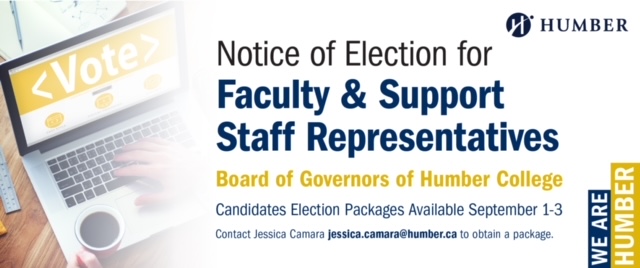Further to the original ONECard Communiqué post in June, ONECard has arrived at Humber and the University of Guelph-Humber. ONEcard is a smartphone application that will be used by all students, faculty and staff as their digital identification, digital key and digital wallet solution for campus-wide services. It’s free, easy to use and secure. Visit the ONECard website to learn more.
For the 2021-22 academic year, ONECard will be used in parallel with the physical student and staff ID cards to access services across campus. ONECard is a multi-year initiative that will offer many new services and offerings. As these services are ready for release, ONECard will replace the existing tools currently used to access those services.
The ONECard App will be available for download via the Apple App Store and Google Play app store on Monday, August 30. Visit the ONECard App page to learn how to download it.
For 2021-22, some services such as the Bookstore, Campus Dining, and Parking will support ONECard, while running parallel with existing payment solutions.
Service-specific ONECard information will continue to be added to the Where to Use page as they become available.
A detailed list of Frequently Asked Questions can be found on the FAQs page.
Fall 2021 Full-Time students who will be taking at least one course on-campus will be receiving a message about ONECard later this week. Additional communications outreach will take place in the next few weeks.
For more information about the ONECard, please contact Debbie Gracie-Smith, Manager of Emerging Technologies, at debbie.gracie-smith@humber.ca.
Information Technology Services
Humber College Institute of Technology and Advanced Learning




